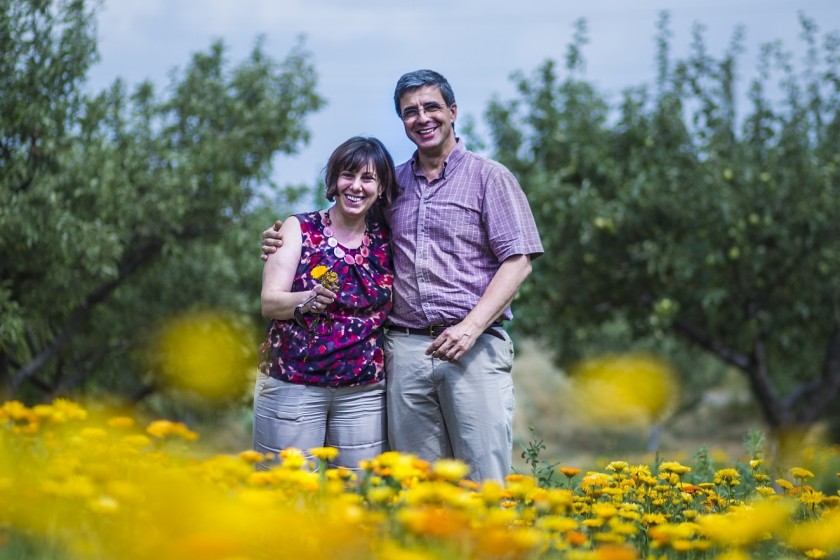
From Silicon Valley to Aragyugh: Markosians to Produce Natural Line of Cosmetics Using Botanicals of Armenia
Marine Martirosyan
The taxi driver points to the fields around us as we make our way to Aragyugh, a village in Armenia’s Kotayk Marz. The cabbie says that during the Artsakh War years the fields were the main supplier of wheat for the area. Now, they are barren.
Silicon Valley programmers as entrepreneurs
Arriving at the iron gates outside a building that used to be a school in the 1930s, we are met by mathematician and computer programmer Ara Markosian. Inside and out, there’s a flurry of activity. The Margosians, husband and wife, plan to produce a line of natural cosmetics and the production unit must be ready by August.
Ara Markosian's wife Anahit comes out to greet us. The couple is from Yerevan. Ara graduated from the applied mathematics faculty at Yerevan State University. He left for Moscow to pursue post-graduate studies and then returned to Armenia where he defended his dissertation at the National Academy of Sciences. He then taught applied mathematics at Yerevan State University until 1992 and then left for the United States. He wound up working as a programmer at Silicon Valley.
Ara has founded a number of IT companies in Armenia and is employed as the technical director of the U.S. Mentor Graphics company in Armenia.
Anahit graduated from the radio-physics faculty at Yerevan State University. She spent several years working in the field of laser physics and then left for the States. She too worked in Silicon Valley
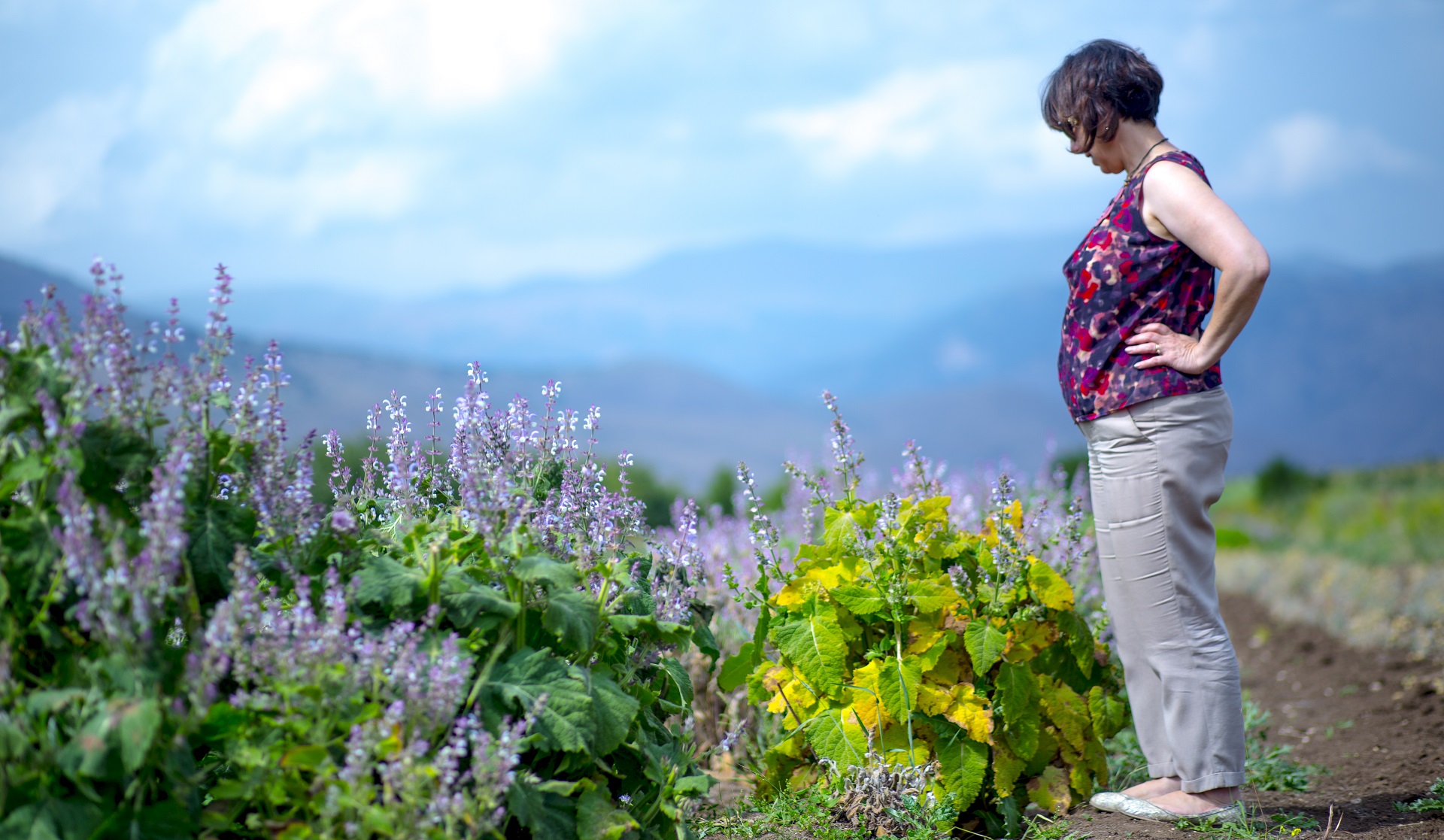
“I was working in Silicon Valley as a programmer along with my husband. I got bored with the dictates of the corporate world. Programming is a field for young people today. I felt that I needed to get involved in something else,” says Anahit Markosian.
She says that during their frequent visits to Armenia, they started to compare the countryside with that of California and Switzerland. They believe that Armenia’s environment is rich and diverse, and that its potential hasn’t been properly evaluated. “It’s as if people live on this richness but don’t know how to utilize it,” says Anahit.
Launching an Armenian line of natural cosmetics
Ara came up with the idea of producing a line of natural cosmetics and also came up with the brand name of Nairian. (The name is a palindrome - a word, phrase, number, or other sequence of characters which reads the same backward or forward). In 2012, the couple opened a laboratory near the Rosia (Ayrarat) cinema in Yerevan. They put together a team of scientists including Samvel Avoyan. “Coming up with the first high quality line of Armenian natural cosmetics was our goal. It’s a small step in terms of the international cosmetics market, but it’s a fast grower,” notes Ara.
Anahit says that when she was younger she always had problems regarding the smell of synthetic materials and started to use cosmetics produced from natural oils. She started to learn about aromatic oils and during the past three years she took courses in aromatherapy in the States.
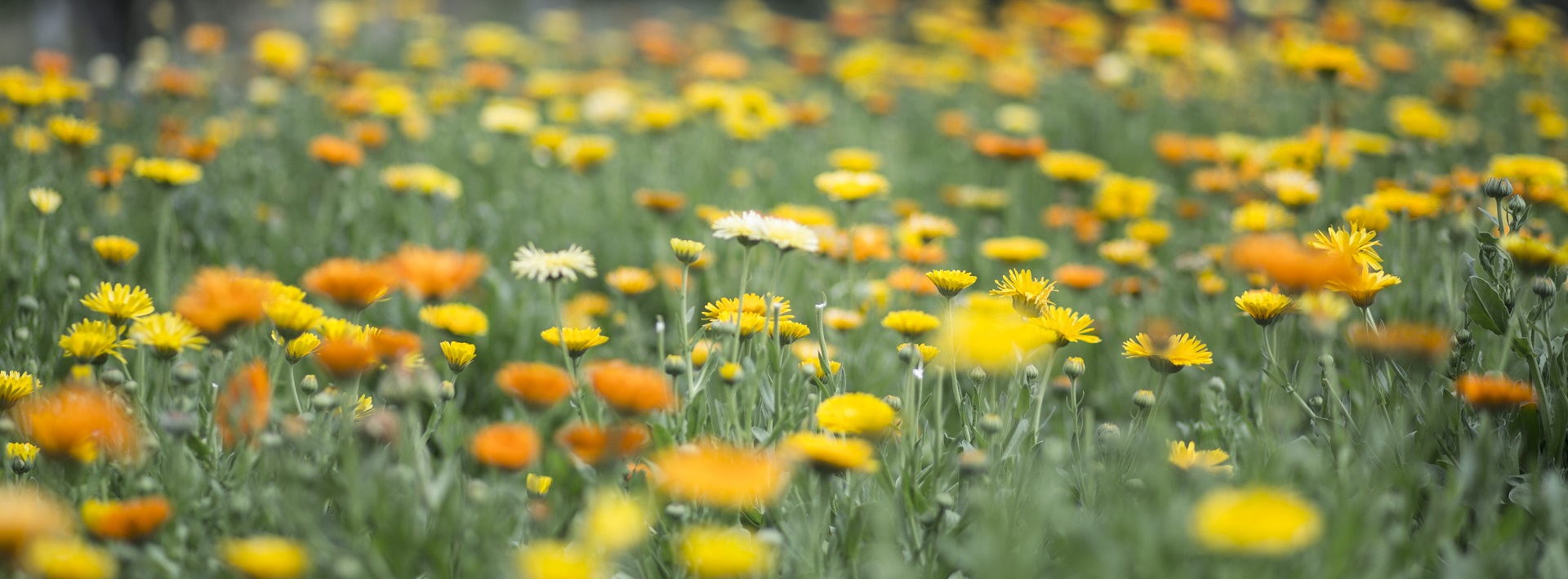
The drawbacks of synthetic ingredients in cosmetics
According to Anahit, most of the cosmetic companies internationally add artificial scents to their products. Many of them impact humans – on the spiritual world and the endocrine system. When breathed in, such scents set off chemical reactions in the human body. Some scents can set off the emotion of fear or increase the amounts of cortisol in blood. Cortisol is a steroid hormone that can weaken the activity of the immune system. Some scents, like those found in the perfume worn by a work colleague, can create headaches.
Preservatives, like the widely used parabens, can also be dangerous. They are present in shampoos and creams and enter the bloodstream via the skin. Studies on breast cancer in the U.S. have revealed high concentrations of parabens in patients. However, a causal relationship between the use of parabens and cancer has not been established.
Anahit says there are 10-20 cosmetic companies I the world that do not add synthetic ingredients to their products. Because producing cosmetics from purely natural ingredients and aromatic oils is a costly process, even many companies that use natural raw materials add synthetic scents. Some companies use synthetic scents instead of aromatic oils to keep the cost of their product down.
The benefits of going all natural
The Markosians say that their Nairian company will be the first to produce natural cosmetics in Armenia. They use only natural ingredients and do not add synthetic scents. The aromatic oils they use are derived from plants.
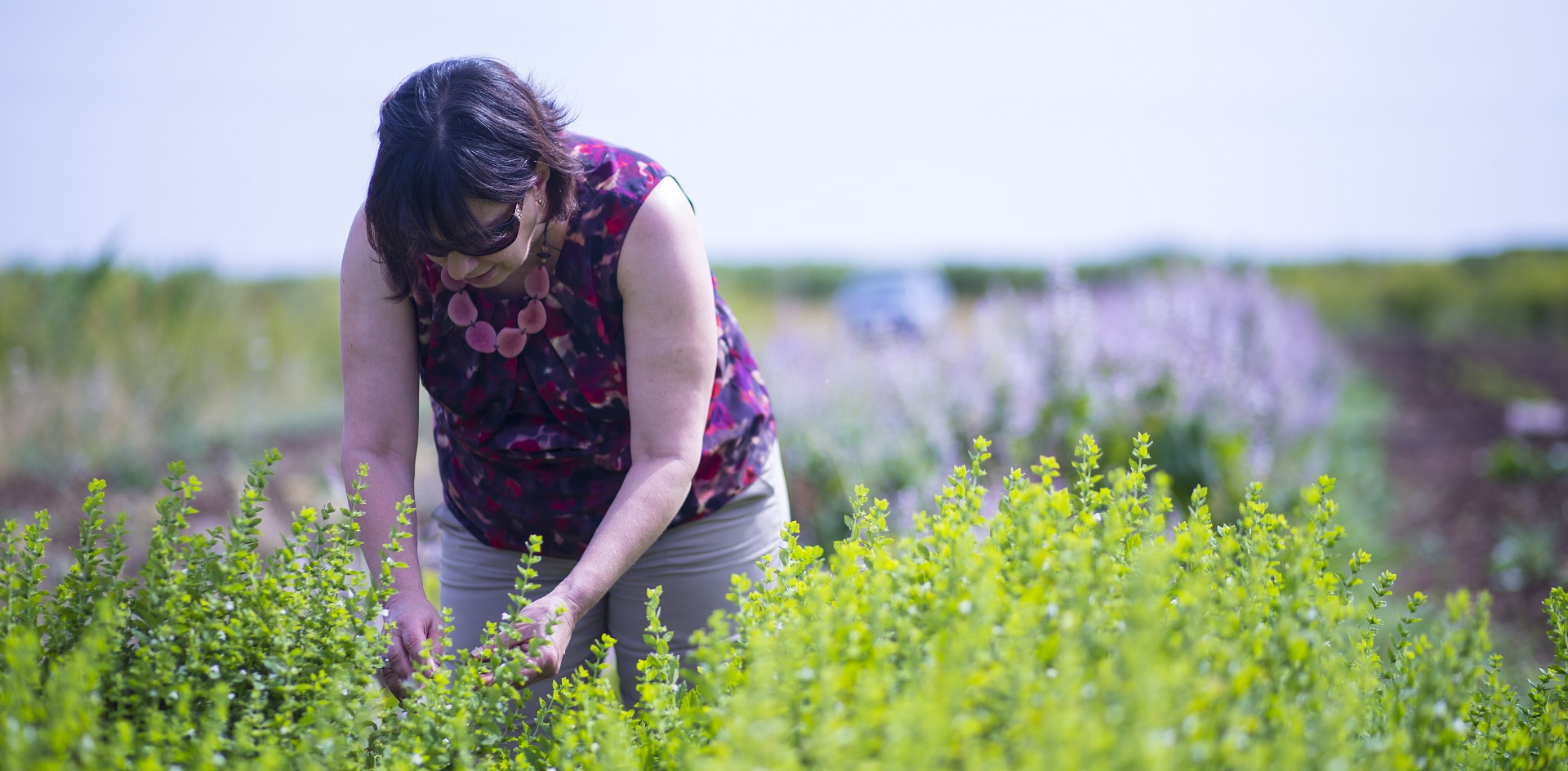
“Our aromatic oils serve two purposes. Not only do they smell great but they have therapeutic qualities for the skin and hair. For example, the orange smell imparts vigor and a positive attitude. That’s why we include it in our line of morning shampoos,” Anahit notes. They will be using mild preservatives designed for food that are certified by Ecocert (The group bills itself as the very first certification body to develop standards for "natural and organic cosmetics").
Nairian plans to produce a line of 50 products – wrinkle creams, moisturizers, creams to treat cracked hands and feet, soaps, etc. The couple says the products are in the testing phase to ensure they are anti-bacterial and are collaborating with the microbiology department at Yerevan State University. “I’ve been handing out samples to people for the past two years. I want their feedback. Has the product helped? Is it good or bad? Getting the results, I fine tuned the products and have now arrived at a list ready for production,” says Anahit.
The Markosians believe their product line will be competitive in the international cosmetics market. Production begins in August and the finished product will go on sale in September.
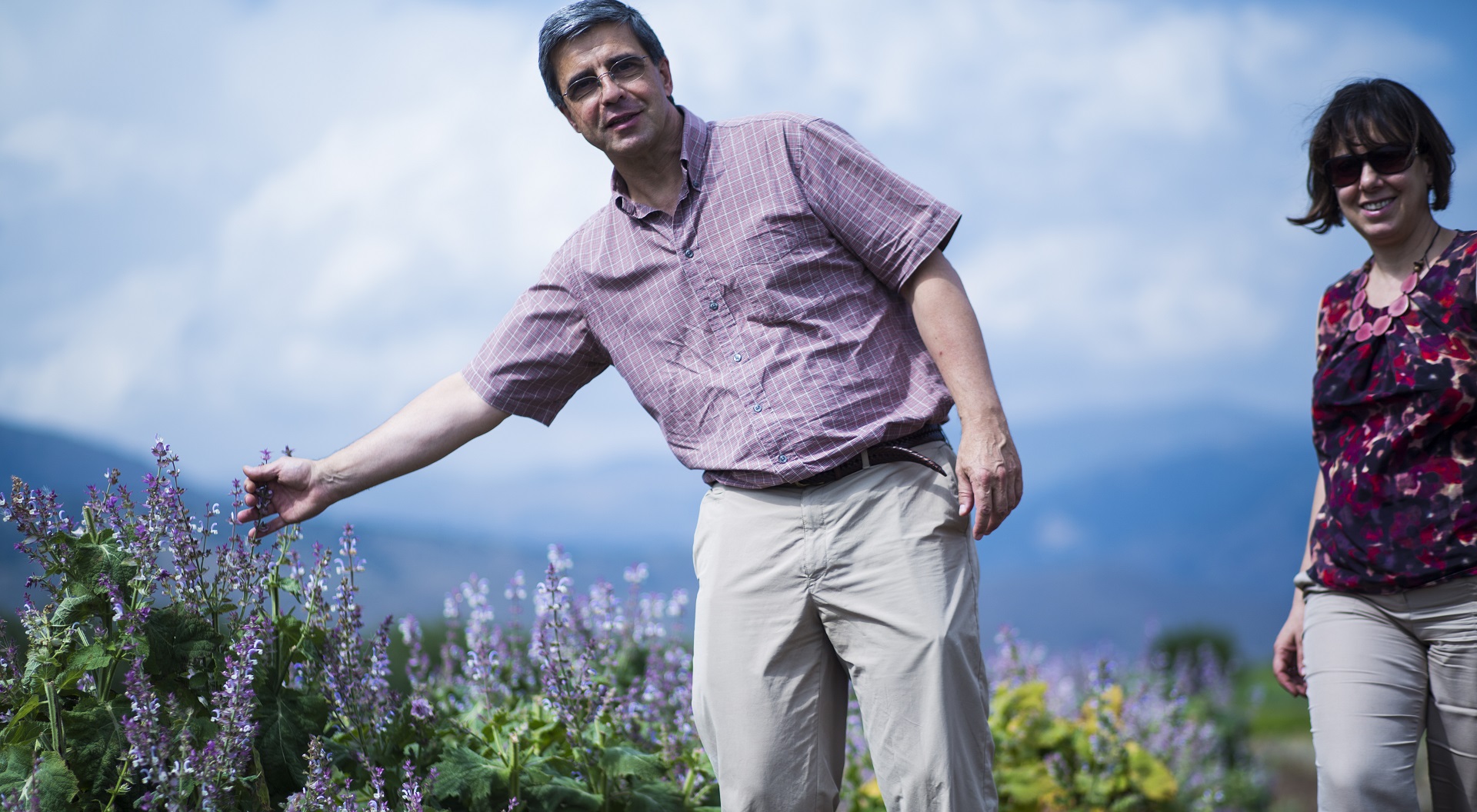
Aragyugh, at a location of 1,560 meters above sea level, is an ideal gathering place for plants to produce aromatic oils, says Anahit. The company owns a 1.5 hectare plot in the village where they have planted varies species to make their oils. They will also purchase various plants from locals and from residents of neighboring villages.
The company now employs 30 people. Producing aromatic oils is a labor intensive operation. It takes one ton of plants to produce one liter of oil.
A commercial venture that will spur scientific research in Armenia
The couple, via their commercial operation, also wants to raise the level of science regarding botanicals in Armenia.
Anahit notes that there is a dearth of published material regarding aromatic oils in Armenia. The most recent article she found in the Institute of Botany was dated 1943. It was about thyme.
Ara adds that if, up till now, Armenia has been known for its apricots and brandy, it will soon be famous for its natural cosmetics.
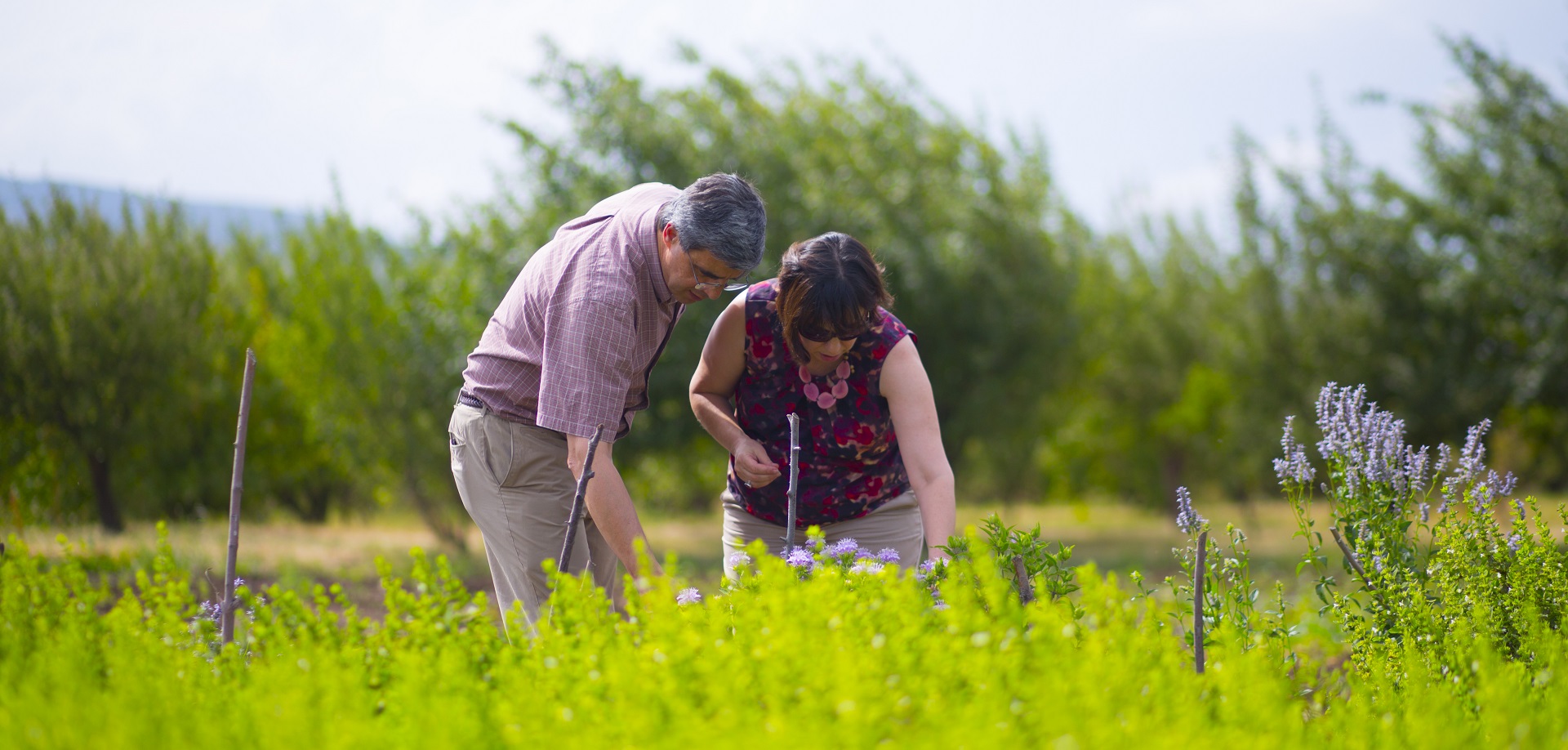
With our talk completed, we walk through the field in Aragyugh. The Markosians here and there bend down to pick the leaves of a certain plant. They want me to sample its fragrance.
Anahit says that each plant imparts something unique when it comes to cosmetics. She then repeats her earlier observation – We Armenians have no clue as to the treasures surrounding us.
Photos and video: Davit Banuchyan
 Videos
Videos Photos
Photos
Comments (9)
Write a comment